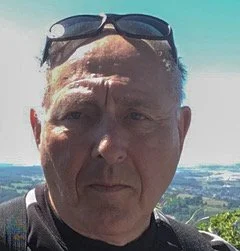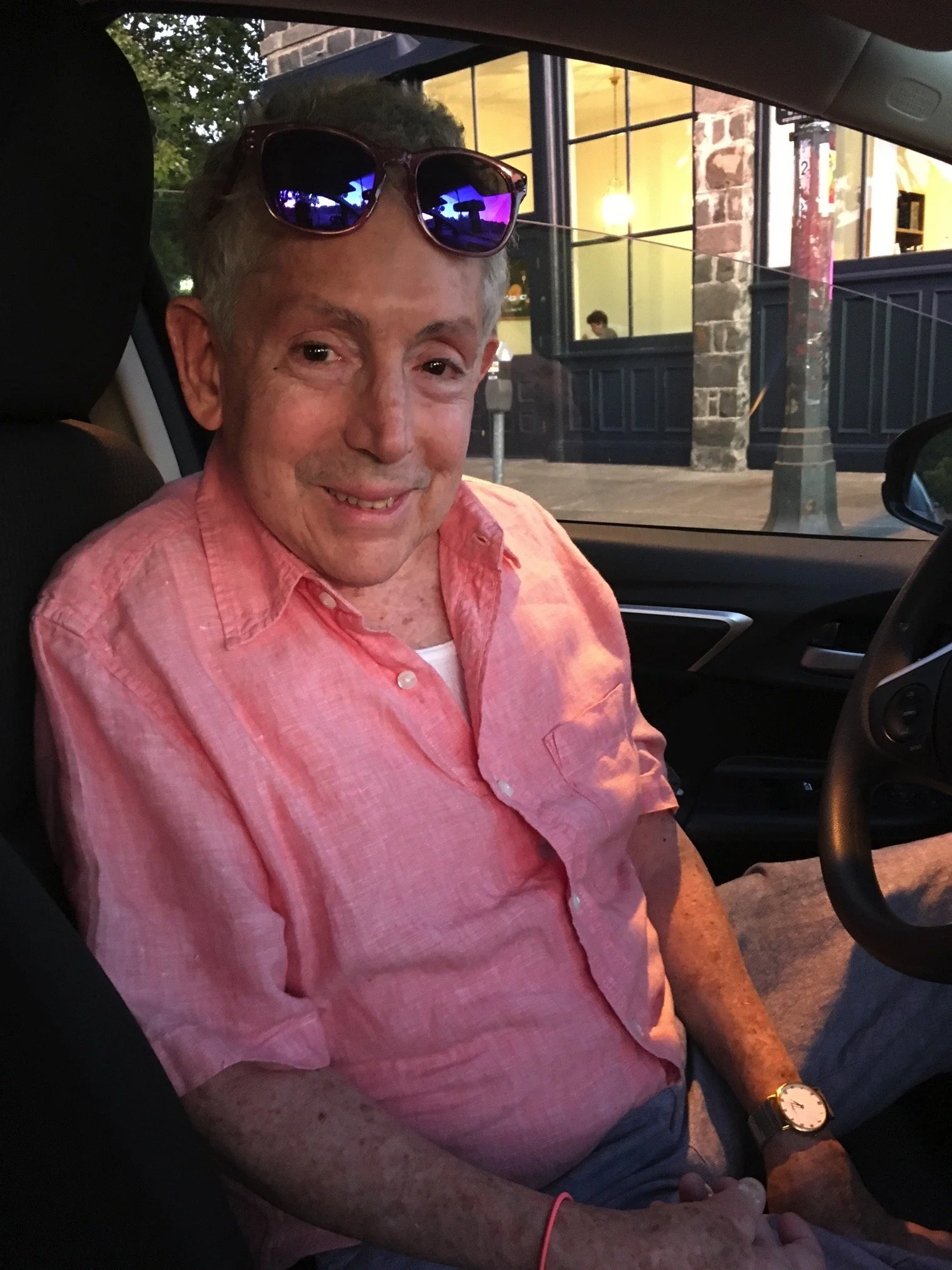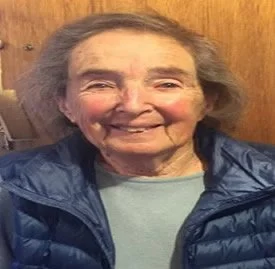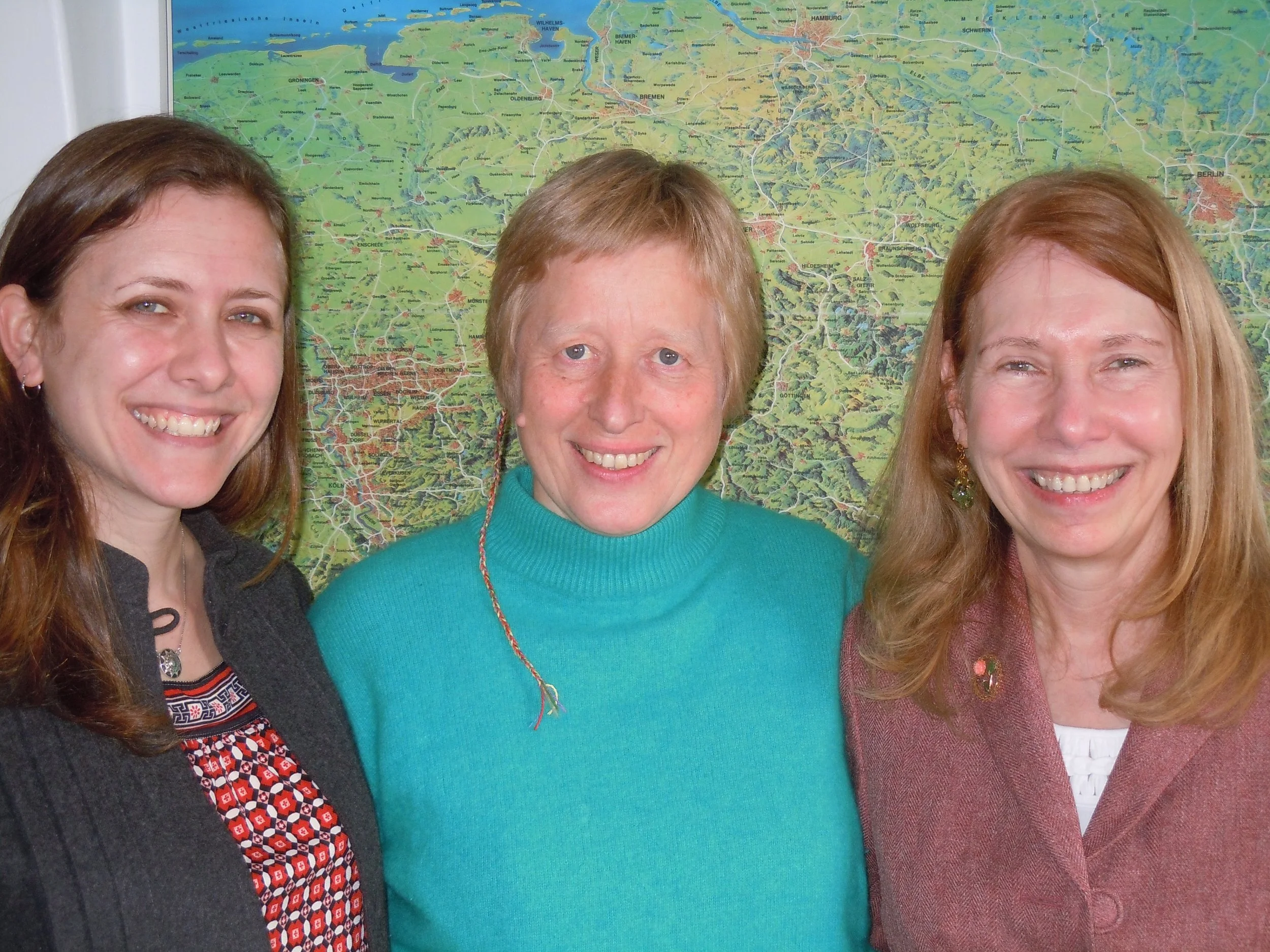
Lois Silverstein, Ph.D. – When Crying Stops
Created from a combination of survivor testimony, research, and imagination, When Crying Stops tells a story about the Glattshteyns of Chernowitz, Romania, Meier, Golde, and Chane, how they were drawn into the war in the 1920s and 1930s and survived until today. It is rich with first-hand experience, historical perspectives, reflections on resilience and human endurance, and a thoughtful look at war, oppression, and loss.

Ethel Liebman Wiesinger – An Adventurous 20th Century Life
January 28, 2023, 11:00 a.m.
Born into a Jewish family in German-speaking Czernowitz, then a part of the Austro-Hungarian Empire, Ethel Liebman Wiesinger (1890-1984) was an extraordinary woman. Margot coedited her mother’s personal account and introduced her life in the book, From Czernowitz to China and Beyond (2020).

How Growing Up as a Child of Holocaust Survivors Has Shaped My Life
“As I look over my life I have identified certain struggles linked to my upbringing:
Raised by two refugees from the Nazis—my mother from Berlin, and my father from Metz. They had both been politically active before they were forced to leave, my father was a Social Democrat, and my mother was in the communist movement.
I struggled with how to be an American culturally and find a place in the work world that felt safe for me. ”

My First 25 Years: A Series of Contrasts
Dr. Wassermann was born in Munich, Germany, in 1920. He spent his childhood and youth in Munich before and during the rise of Nazism. In this presentation, he will discuss the fate of family members and friends

A Child Survivor of the Theresienstadt Concentration Camp
When Gerson Finlev was 2 years old, the Nazis imprisoned him and his family in the Theresienstadt concentration camp near Prague. The Finlevs remained there for 18 months until they were freed and returned to their home in Denmark. 15,000 children were deported to Theresienstadt. Only 100 came home, including Gerson and his brother. In this presentation, Gerson discusses his family’s story and survival in Theresienstadt.

Leaving Memel: Refugees from the Reich
Leaving Memel - Refugees from the Reich tells the story of Judith Golden’s family and what they experienced when the times changed and Hitler began demonizing Jews, homosexuals, and Romani in Europe.

In Her Own Words: Eva Herzberg Schwartz, a German Jewish Refugee
Dr. Schwartz will share the story of her mother, Eva Herzberg Schwartz, who, in 1937 at the age of 16, fled Nazi Germany with her parents and settled in the Bay Area. Dr. Schwartz will focus on two detailed documents her mother left behind—an autobiography and a family tree going back to the 18th century, and her family’s life in Trier.

Growing Up in a Twice-Nuclear Holocaust-Refugee Family
My mother and father met as students at a physics lecture in Berlin Germany, pre-Hitler, though they only married in exile, on the sidelines of the US nuclear-bomb project. Most of my mother’s extended family was scattered to the far corners of the earth, but her own parents were murdered early in the Holocaust—a fact I learned as a very small child, right at the end of WWII. When my mother died in 1998, I came across letters in German written by her mother, in the late 1930s. The Gerlind Institute recently translated some for me—the first time I had any real sense of my grandmother’s own thoughts.

A Kindertransport Rescue: My Journey from Berlin to England to the USA
Photo courtesy of Ilse EdenIlse remembers “Kristallnacht.” After that, England agreed to admit 10,000 unaccompanied Jewish children, and Ilse was chosen as one of a group of 12 sponsored by a Jewish pediatrician in London. She emigrated on March 15, 1939, and lived with these children until the outbreak of war, when all children were evacuated from London. She graduated from a boarding school in Cornwall at the end of the war, in 1945.

From Germany and Back Again in Three Generations-A Family Reclaims Its Heritage
Sunday, March 25, 2012
Spanning three generations of German-Jewish-Americans, the story of Dr. Werner Loewenstein’s impact on the lives of his descendants is not just another Holocaust story of victimization and redemption. Although Dr. Loewenstein experienced the worst that humanity could offer, his
legacy is transformed by Miriam’s story of healing and forgiveness and by Leah's experience living in modern Germany which provides hope for future generations.
